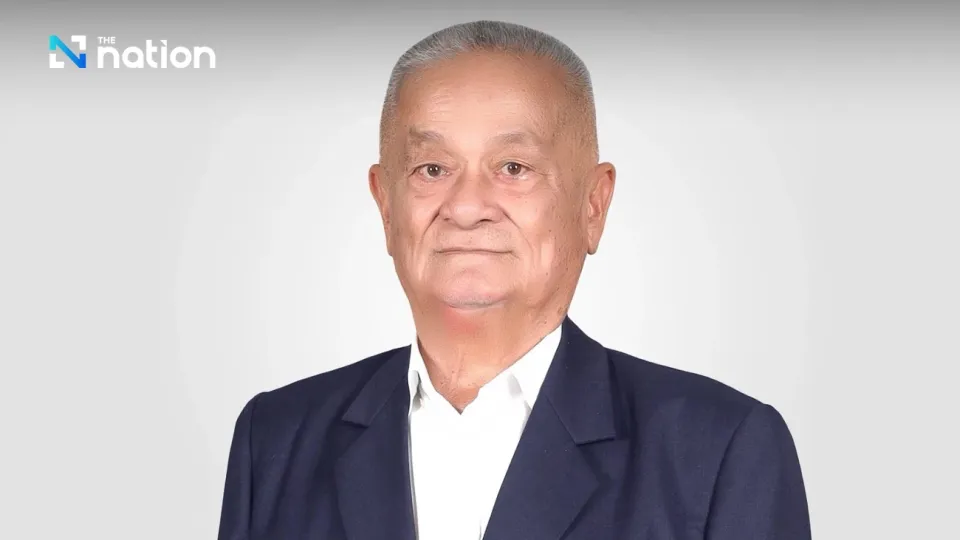December 11, 2024
BANGKOK – Prayut Siripanich, a member of Parliament from the Pheu Thai Party, commented on the opposition to the draft National Defence Organisation Act, which grants the Cabinet the power to consider appointing senior military officers to prevent a coup. He noted that after listening to public opinions on the draft bill over the past week, there has been significant opposition.
Therefore, on Thursday, December 12, when the House of Representatives convenes, the Pheu Thai Party will hold a meeting in the morning and propose withdrawal of the draft for further revision. If the party membership agrees, they will request withdrawal of the draft from the House of Representatives on the same day.
Prayut emphasised that this bill was proposed by him and his team in a personal capacity, not as a stance of the Pheu Thai Party. In line with the public consultation process under Section 77 of the Constitution, if the majority of the public opposes it, the bill cannot be included in the agenda for the House.
As for how it will be amended, he plans to wait for public feedback after the consultation period ends on January 1, 2025, including concerns about giving the Cabinet a role in appointing senior military officers, as it is seen as military interference.
“If society feels that the Cabinet should step back, we must listen. If we push forward, we won’t be able to propose the law anyway,” Prayut said.
He said the draft law does not interfere with the military. Proposals for the appointment of senior military officers would be made by a committee of the respective government agency, which would nominate officers according to the Ministry of Defence’s criteria. The names would then be submitted to the Cabinet for consideration. The Ministry of Defence oversees the entire appointment process, and the Cabinet does not make the appointments directly.
“Regarding the provision that allows the prime minister to order military officers to cease their duties temporarily if they act beyond their constitutional responsibilities in order to prevent a coup, this is not a flaw of the bill, but rather the use of power to prevent a coup, similar to how South Korean lawmakers [recently] used their authority to block a declaration of martial law by the president. Many countries have strict measures to prevent power seizures,” Prayut said.
In response to Anutin Charnvirakul, leader of the Bhumjaithai Party, who argued that a lack of corruption in politics would prevent a coup, Prayut said the intention was to involve political parties in preventing coups. However, if political parties disagree, it must be reconsidered.
He added that while some believe this draft law may not effectively prevent a coup, it is his personal view that it could help prevent one to some extent.
Regarding moving forward with the proposal, Prayut emphasised that he is not afraid of conflict with the military but must respect public opinion. If society does not support the bill, it must be reconsidered


